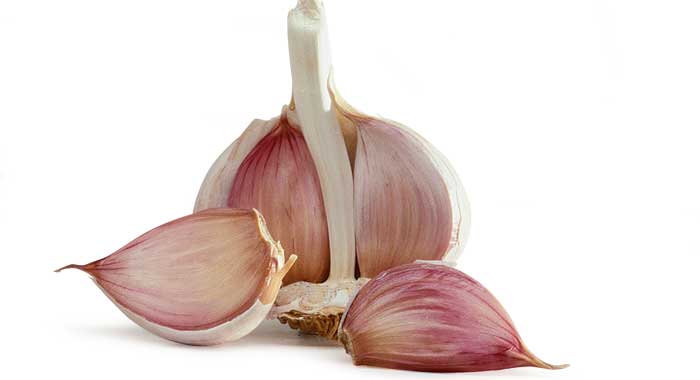8. Garlic
Garlic is another food item that should definitely not be refrigerated. Placing garlic in the fridge can cause it to become rubbery, promote mold growth, and may even lead it to sprout prematurely. The cold and humid environment of a refrigerator is not suitable for garlic, as it thrives in a dry atmosphere with good air circulation.
For optimal storage, keep whole bulbs of garlic in an open container, such as a mesh bag or a woven basket, on the counter or in a pantry. This allows for proper airflow, helping to prevent moisture buildup that can lead to spoilage. When stored correctly, garlic can remain fresh and flavorful for over a month.
It’s also advisable to avoid storing garlic near other foods that emit moisture or strong odors, as garlic can absorb these and its own flavor may be compromised. If you’ve peeled more cloves than you need, you can store the extras in a small, airtight container in the refrigerator for a short period, but use them promptly to ensure the best taste and texture.
Additionally, keeping garlic out of the refrigerator helps preserve its nutritional properties. Garlic is rich in allicin, a compound known for its potential health benefits, including immune system support and cardiovascular health. Proper storage ensures that you get the most out of both the flavor and the health benefits of garlic in your cooking.












0 Comments